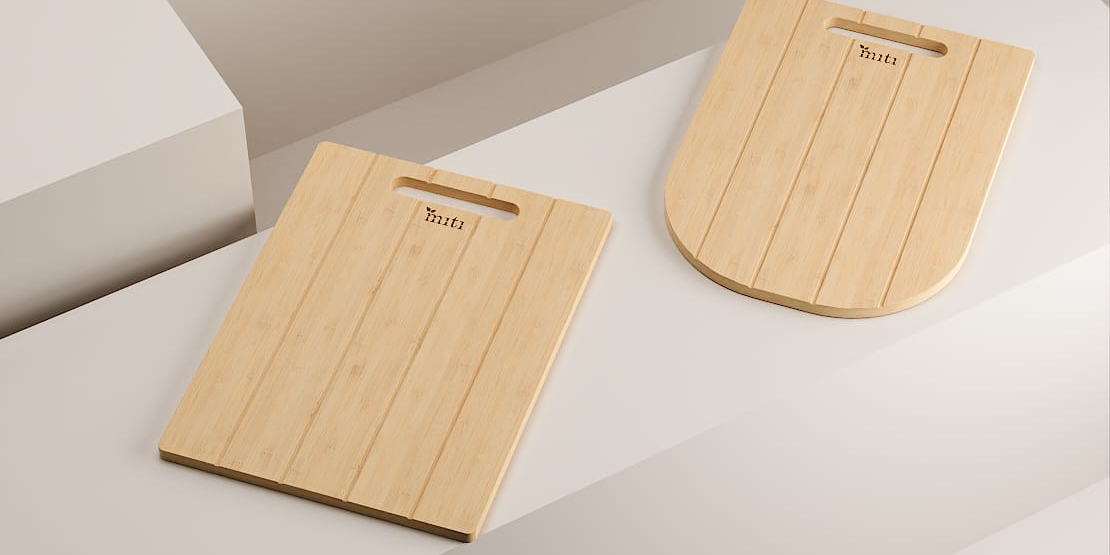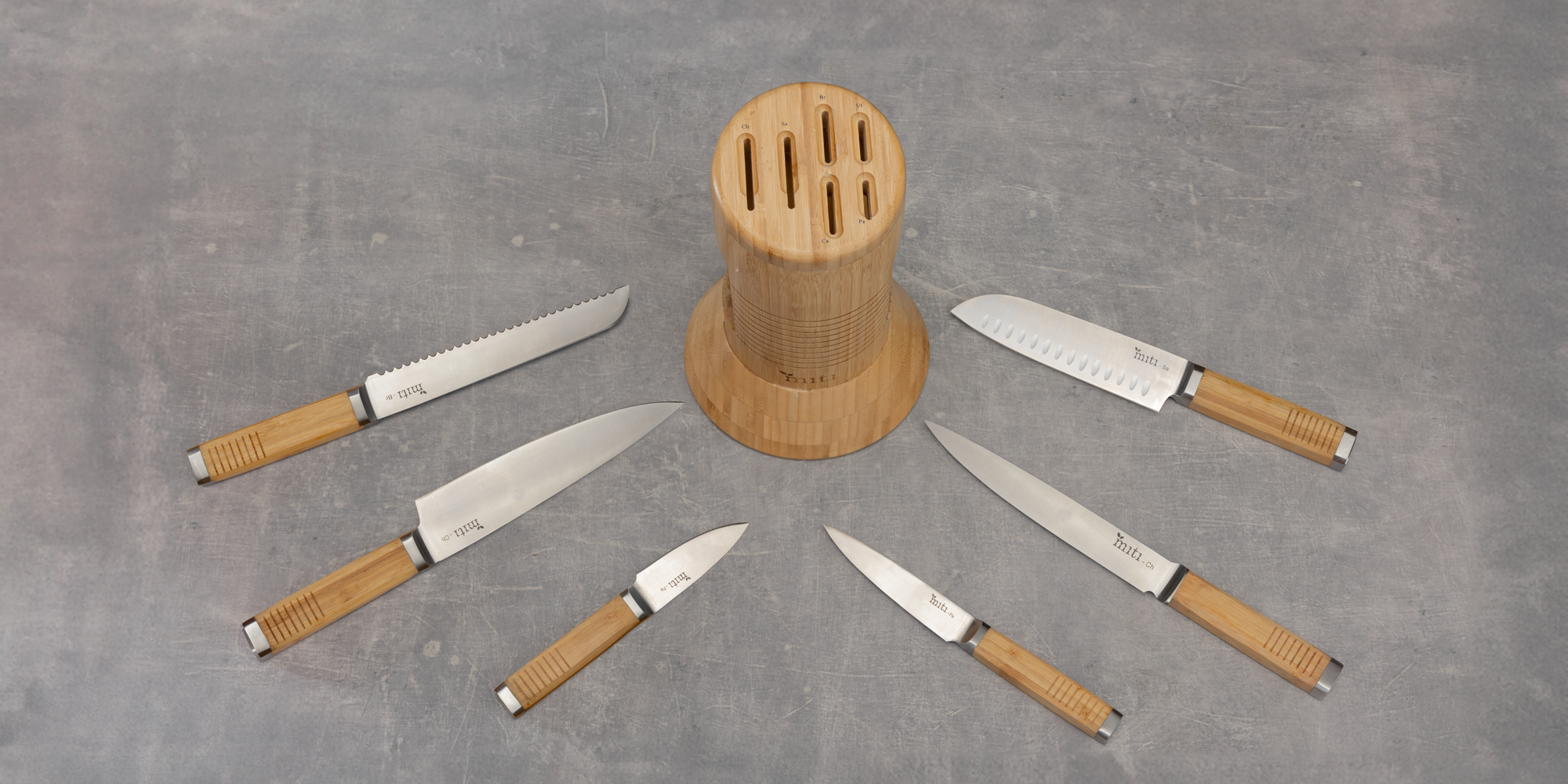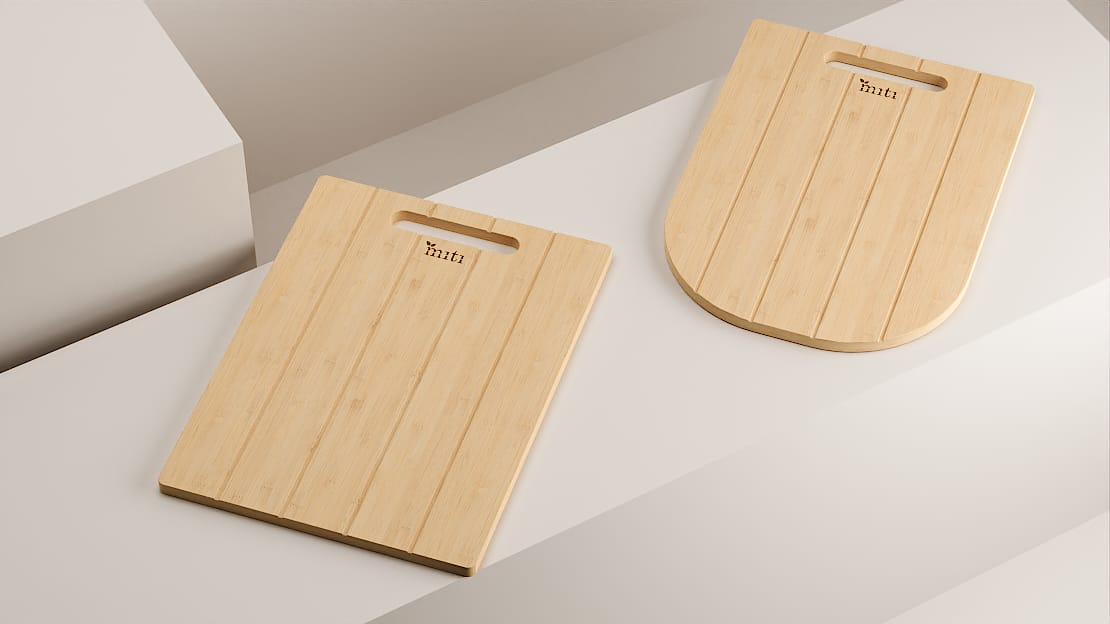Bamboo cutting boards are a popular choice for many kitchens due to their durability, sustainability, and attractive appearance. To keep your bamboo cutting board in top condition and prolong its lifespan, it's essential to oil it regularly. But with so many options available, how do you choose the best oil for your bamboo cutting board? In this blog post, we'll explore some of the top choices and help you make an informed decision.
Why Oil Your Bamboo Cutting Board?
Before delving into the types of oil, let's understand why oiling is crucial for bamboo cutting boards. Oiling helps to:
- Prevent Drying Out: Bamboo is prone to drying out, which can cause it to crack and split.
- Protect Against Moisture: Oiling creates a barrier that helps repel moisture, preventing warping and bacterial growth.
- Enhance Appearance: Oiling restores the natural lustre of bamboo, keeping it looking beautiful for longer.
Best Oils for Bamboo Cutting Boards

Olive Oil
Olive oil is a common choice for bamboo cutting boards due to its natural moisturizing properties. It offers a simple and accessible option for maintaining your board. Just remember to apply it sparingly and monitor the board's condition to ensure it remains adequately protected against moisture and wear.
Mineral Oil
Mineral oil is a popular choice for cutting boards due to its neutral odour and taste. It's food-safe, inexpensive, and readily available. However, it requires frequent reapplication as it doesn't polymerize or harden on the surface.
Coconut Oil
Coconut oil is a natural, food-safe option that offers antimicrobial properties, making it an excellent choice for cutting boards. It has a pleasant scent and can help moisturize the bamboo. However, coconut oil solidifies at room temperature, which may require warming before application.
Beeswax and Mineral Oil Blends
Some commercial products combine mineral oil with beeswax to create a protective barrier on bamboo cutting boards. Beeswax adds water resistance and a subtle sheen to the surface. These blends are convenient to use but may need more frequent application compared to pure mineral oil.
Walnut Oil
Walnut oil is a natural, food-safe oil that polymerizes when exposed to air, creating a durable finish on bamboo cutting boards. It has a pleasant nutty aroma and offers excellent protection against moisture. However, walnut oil may cause allergic reactions in individuals with nut allergies.
Grapeseed Oil
Grapeseed oil is another natural option with a neutral taste and odour. It's lightweight, absorbs well into bamboo, and dries relatively quickly. Grapeseed oil provides a protective layer against moisture and can help rejuvenate the bamboo's appearance.
How to Maintain and Oil Your Bamboo Chopping Board

Regardless of the oil you choose, the application process is similar:
- Clean the Board: Start by washing the bamboo cutting board with mild soap and water. Allow it to dry completely before applying oil.
- Apply Oil: Using a clean cloth or paper towel, apply a thin, even coat of oil to the entire surface of the cutting board, including the sides. Let the oil penetrate the bamboo for about 15-20 minutes.
- Wipe Excess: After the oil has been absorbed, wipe off any excess oil with a dry cloth or paper towel.
- Repeat as Needed: Depending on the oil used, you may need to repeat the application every few weeks or as directed on the product label.
General Tips:
- Store Properly: To prolong the life of your bamboo cutting board, store it upright in a well-ventilated area away from direct sunlight and heat sources.
- Regular Maintenance: Regularly oiling your bamboo cutting board is key to maintaining its beauty and functionality. Set a reminder to oil it every few weeks or as needed, especially if you notice the board drying out or losing its lustre.
In conclusion, choosing the best oil for your bamboo cutting board depends on your preferences and needs. Whether you opt for mineral oil, coconut oil, a beeswax blend, walnut oil, or grapeseed oil, regular oiling is essential to protect and prolong the life of your bamboo cutting board. By following the tips outlined in this blog post, you can keep your bamboo cutting board in top condition for years to come, making it a valuable and sustainable addition to your kitchen arsenal.







